The European Union has reached a landmark agreement to force a wide range of consumer electronics, including the iPhone and AirPods, to feature a USB-C port for charging by fall 2024.
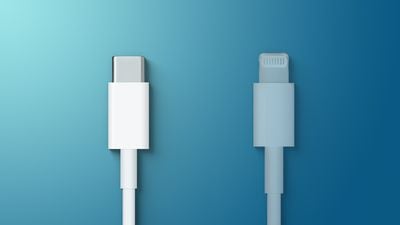
In a press release, the European Parliament's Committee on Internal Market and Consumer Protection announced that it has reached an agreement to introduce a law to make USB-C the common charging port across a large number of consumer electronics by fall 2024.
The proposal, known as a directive, will force all consumer electronics manufacturers who sell devices in Europe to ensure that all new phones, tablets, laptops, digital cameras, headphones, headsets, handheld videogame consoles, and portable speakers feature a USB-C port, regardless of the manufacturer. Exemptions will only apply for devices that are too small to offer a USB-C port, such as smart watches, health trackers, and some sports equipment, but the legislation will be expanded to other devices like laptops over time.
This "common port" would be a world first and impact Apple in particular since it widely uses the Lightning connector instead of USB-C on many of its devices. MEPs claim that the move will reduce electronic waste, address product sustainability, and make use of different devices more convenient.
The EU is also looking to ensure that wireless charging solutions are interoperable as the technology evolves over time. The new directive proposes to empower the European Commission to develop delegated acts that force companies to make their custom wireless charging solutions more open and meet interoperability standards, helping consumers to avoid getting locked into proprietary charging solutions while preventing fragmentation and reducing waste. It is not clear if this would include Apple's MagSafe charging system for the iPhone and AirPods since it is based on the Qi wireless charging standard.
In 2018, the European Commission tried to reach a final resolution on the issue but it failed to come into law. At the time, Apple warned that forcing a common charging port on the industry would stifle innovation and create electronic waste as consumers were forced to switch to new cables. The EU's effort resumed last year, with the European Commission spearheading a refreshed version of the directive. In April, the Internal Market and Consumer Protection Committee voted to support the directive, with 43 votes in favor and just two against.
The legislation still needs to be formally approved by the European Parliament and European Council later this year. It will enter come into force 20 days after publication in the EU Official Journal and its provisions will start to apply to new devices after 24 months.
Both Apple analyst Ming-Chi Kuo and Bloomberg's Mark Gurman have said that Apple is testing a version of the iPhone that has a USB-C port instead of a Lightning port. Kuo believes that Apple could switch the iPhone to USB-C starting with 2023's iPhone 15, before transitioning AirPods and other accessories at a later date. This timeframe would allow Apple to switch its affected devices to USB-C ahead of the EU directive coming into force.
Note: Due to the political or social nature of the discussion regarding this topic, the discussion thread is located in our Political News forum. All forum members and site visitors are welcome to read and follow the thread, but posting is limited to forum members with at least 100 posts.


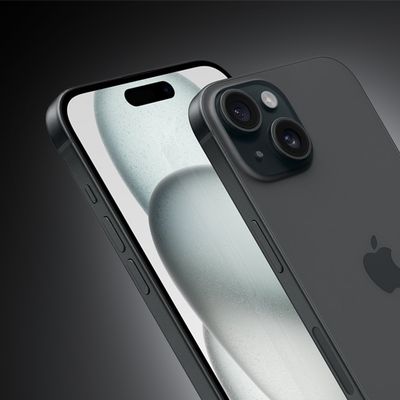
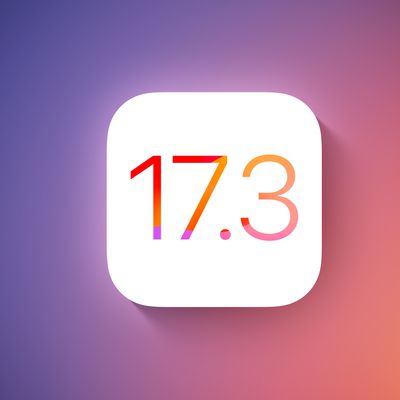
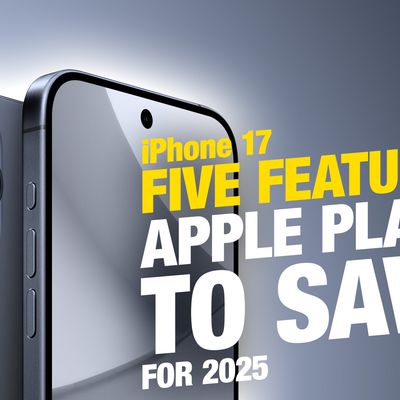
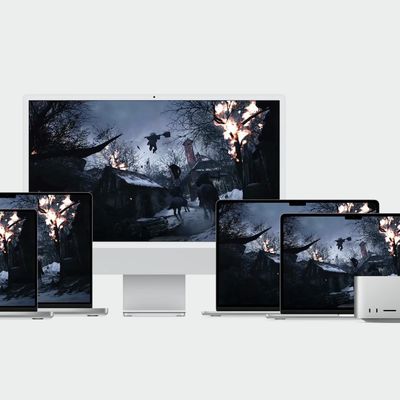

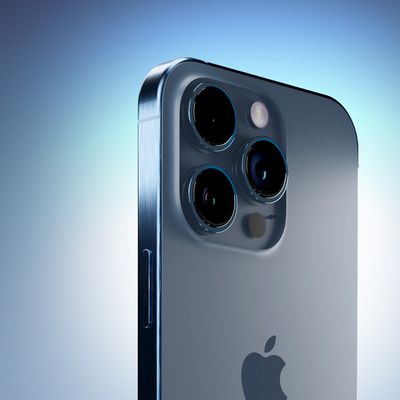










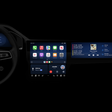
Top Rated Comments
One cable, one charger, multiple devices. I will be glad when the iPhone finally brings usb-c support too. Lightning was a good run. But it’s time to move on.
Btw, I’d be happy if they either improved lighting or put in usb-c/thunderbolt 4. I’m just not for governments forcing it.